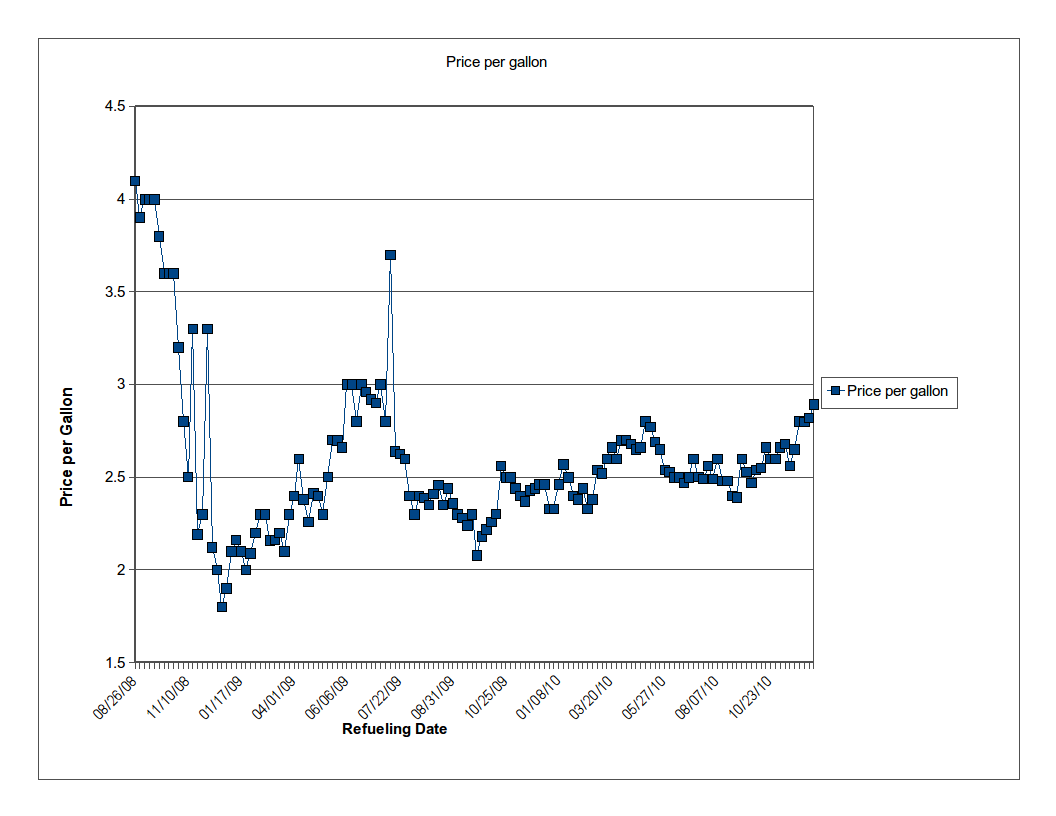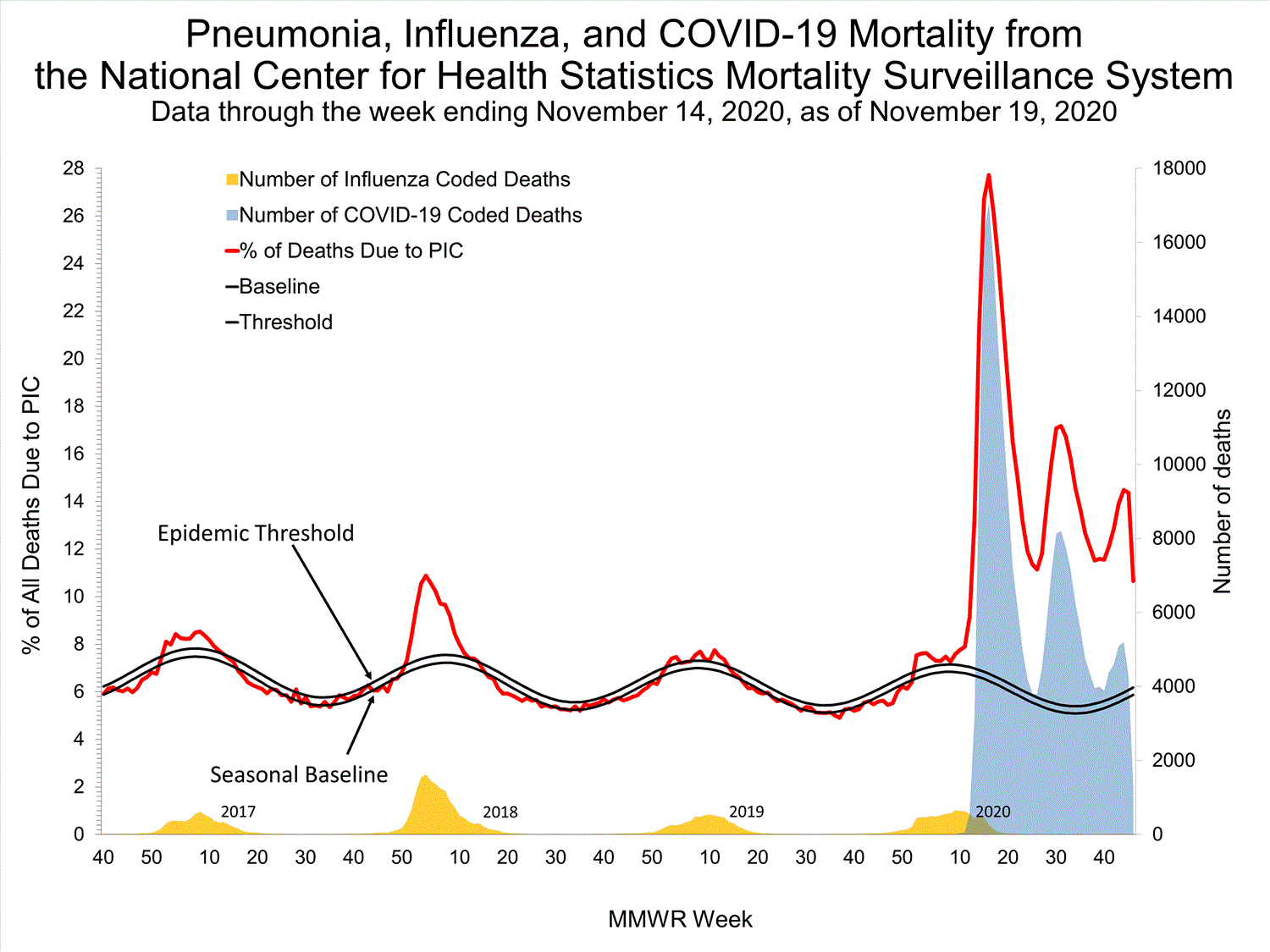Last year, I expressed my personal concern about action by the House Energy and Commerce Committee, led by Chairman Joe Barton (R-TX), to personally investigate the careers of three climate scientists [TAOMPH83]. I did so not just in this blog, but also in a series of faxes to my elected officials in the Congress[TAOMPH146]. I then proceeded to setup a Google News alert for the names “Barton and Boehlert”, since this story of direct Congressional inquiry into scientific research involved both Barton and his colleague, Rep. Sherwood Boehlet (R-NY), the chair of the House Science Committee, who was none too fond of Barton and his meddling [TAOMPH92].
After the initial rush of stories taking sides on this issue (“bravo, Joe Barton, for putting junk science on notice”, “hiss, Joe Barton, for sidestepping peer review and replacing that system with politics”), my Google news alerts dribbled until very recently. In response to Barton’s attempt to cast a shadow on all of climate science by discrediting just three of the thousands of scientists engaged in active inquiry, Boehlert called on the “National Academies”:http://www.nationalacademies.org/ to perform a complete review of the climate research in question and draw conclusions about human impact on the ecosystem.
This study has “just been concluded”:http://www.nationalacademies.org/morenews/20060622.html., and the results are interesting to me as a scientist. The study concluded that while there is great certainty that since 1600 AD, there have been no warmer periods than in the last few decades, the data has larger uncertainty for periods between 1600 AD and 900 AD. The press release cites the data sources reviewed by the NAS: “…tree rings, boreholes, retreating glaciers, and other “proxies” of past surface temperatures…” The report concludes that while many sources of data are in concord about the period back to 1600, “The scarcity of precisely dated proxy evidence for temperatures before 1600, especially in the Southern Hemisphere, is the main reason there is less confidence in global reconstructions dating back further than that.”
Everybody wants one simple graph, one summary of data, to be the hammer of truth with which the enemies of reason can be pushed aside. Science doesn’t deliver truth, unless you equate great certainty with truth. Science delivers a process to draw conclusions based on the data, and where data is lacking demands the scientist to go forth and find new sources. This report appears to be the culmination of the peer review process, the way science is supposed to behave: there are data with little uncertainty, and data with greater uncertainty. To blow away the statistical fog, it is clear that more work is needed. That DOESN’T make climate science for the period 900-1600 “junk”, as the many have often referred to it. Rather, it means that more work is needed, an investment to erase the uncertainty is called for, and much struggle to understand time and temperature is still ahead.
Most importantly, the committee stated that their conclusions apply ONLY to the data sources in question. Concerning the general scientific conclusion that post-industrial, human-induced climate change is occurring, they state that “. . . surface temperature reconstructions for periods before the Industrial Revolution – when levels of atmospheric greenhouse gases were much lower – are only one of multiple lines of evidence supporting the conclusion that current warming is occurring in response to human activities, and they are not the primary evidence.”
Copies of the report “are available from the NAS website”:http://www.nap.edu/catalog/11676.html, though it’s so busy you might have a hard time getting it. For my own part, I am satisfied that Barton’s way failed (or, at least, never left the ground), and that the scientific process was allowed to occur. My thanks go to Boehlert for investing in that process, for doing what Congress is supposed to do when science and policy collide: call on the National Academies. I do worry, though, that the press release of the report will be interpreted by the climate change denialists as evidence that “key data” is flawed or junk.
.. [TAOMPH83] http://steve.cooleysekula.net/blog/?p=816
.. [TAOMPH146] http://steve.cooleysekula.net/blog/?p=752
.. [TAOMPH92] http://steve.cooleysekula.net/blog/?p=807




